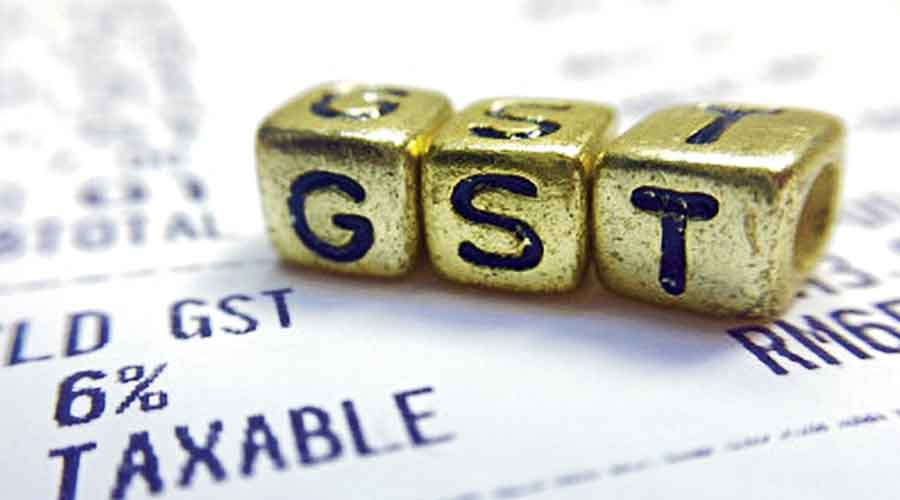The threshold for the mandatory issue of electronic invoices (e-invoice) under the goods and services tax (GST) regime has been lowered to Rs 20 crore from Rs 50 crore.
The decision of the Central Board of Indirect Taxes and Compliance will take effect from April 1.
It is expected to increase compliance and reduce tax evasion.
But a section of businesses will have to devote a greater time on reporting.
“By making it mandatory for all assessees whose turnover is more than Rs 20 crore to issue an e-invoice, the government has taken the compliance automation to a larger set of taxpayers, which will not only simplify compliances but also further plug revenue leakages on account of input tax credit frauds,” Bipin Sapra, tax partner, EY India, said.
Tax experts said the lower threshold of e-invoicing will encourage small businesses to embrace technology.
“Year 2022 seems to be one of changes for GST. First, the government came up with an entirely new tax regime for food delivery apps and now the small and medium enterprises sector will be issuing e-invoices from April 2022. Millions of businesses would now be running against time to implement this technology as it would be diving into unknown territory for them,” Rajat Mohan, senior partner with AMRG & Associates, said.
With business-to-business transactions of these entities getting captured on the e-invoicing portal run by the National Informatics Centre, it will become difficult for them to under-report their final sales.
This is expected to tackle the practice of issuing informal sales invoices or “kacha bills” that is prevalent among some businesses, especially in sectors offering high margins.
The official order issued by the finance ministry said that the decision had been taken on the recommendations of the GST Council. The authorities have been gradually deploying all the technology enabled self-policing features of the new indirect tax system to improve tax compliance.
Many suppliers would be required to raise e-invoices with effect from April and if the invoice is not a valid invoice, input tax credit on the same cannot be availed by the recipient besides applicable penalties, said an analysis by EY. This amendment seems to be in line with the government’s agenda of a digital economy.
The development shows that the idea of formalising the economy through GST, which initially faced a backlash from traders and small firms, is now reaching the final stage. The tech enabled compliance enforcement has already contributed to higher GST return filing and improved revenue buoyancy.











